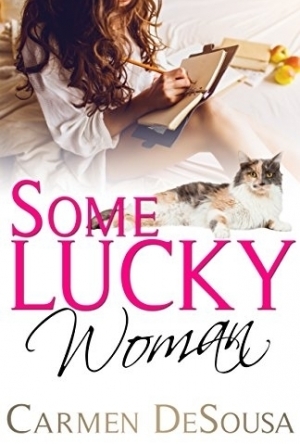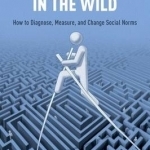
Norms in the Wild: How to Diagnose, Measure, and Change Social Norms
Book
In Norms in the Wild, distinguished philosopher Cristina Bicchieri argues that when it comes to...

Oxford Dictionary of Scientific Quotations
W.F. Bynum and Roy Porter
Book
This Dictionary is part of the Oxford Reference Collection: using sustainable print-on-demand...
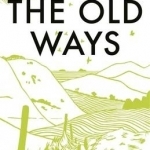
The Old Ways: A Journey on Foot
Book
The Old Ways is the stunning fourth book by acclaimed nature writer Robert Macfarlane. Shortlisted...
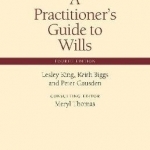
A Practitioner's Guide to Wills
Lesley King, Keith Biggs, Peter Gausden and Meryl Thomas
Book
The fourth edition of this popular title provides a practical and comprehensive reference for all...
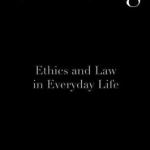
Cheating: Ethics and Law in Everyday Life
Book
Cheating is deeply embedded in everyday life. The costs of the most common forms of cheating total...

My Daily Bible - Encouraging Verses for Everyday
Lifestyle
App
NEW! Find out how fulfilling and encouraging it is to read our bible verses each and every day! We...
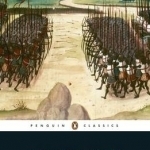
Henry V
William Shakespeare, Michael Taylor and Ann Kaegi
Book
Among the most well-loved of William Shakespeare's history plays, Henry V is the gripping conclusion...

25 Tropical Houses in Singapore and Malaysia
Paul McGillick and Patrick Bingham-Hall
Book
25 Tropical Houses in Singapore and Malaysia features top architects and designers with ideas that...
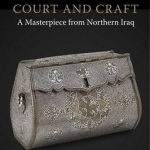
Court and Craft: a Masterpiece from Northern Iraq
Rachel Ward, Charles Melville and Robert Hillenbrand
Book
A masterpiece of medieval Arab metalwork revealed, shedding light on courtly life in northern Iraq...
